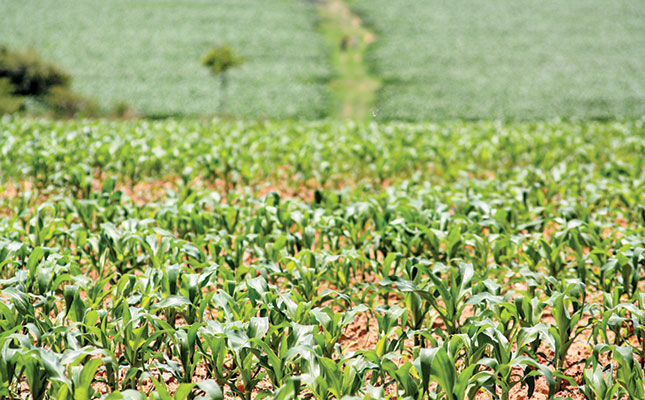
This was according to a report presented to the Zimbabwean Parliament on 26 January.
The report, compiled by the parliamentary portfolio committee on lands and agriculture, recommended that land acquisition and reallocation cease and be resumed only after the Zimbabwe Land Commission was established.
The purpose of the commission was to promote fairness in the allocation of agricultural land and to conduct periodic land audits.
It would also be responsible for the settlement of persons and to solve land disputes. These recommendations were made while parliament was still debating a bill to steer the establishment of the commission.
While the report did not specify the amount of compensation paid thus far, former farmers often complained that reparations were too low.
In September 2016, finance minister, Patrick Chinamasa, said that Zimbabwe had, since 2000, spent US$42, 7 million (R640million) on compensation for 43 farmers.
The Commercial Farmers’ Union estimated that the compensation bill was around US$1 billion (about R15 billion) for the 11 million hectares of farmland acquired from its members. To help increase its capacity to pay the estimated 4 000 farmers evicted since 2000,
To help increase its capacity to pay the estimated 4 000 farmers evicted since 2000, government had introduced a land tax two years ago that new landowners were obliged to pay annually. Official estimates stated that around $20 million (R300 million) would be collected every year through this tax.
The parliamentary committee was also unhappy with the slowness with which government had been issuing ownership documents to farmers. It said that the Ministry of Lands and Rural Resettlement acquired 51 205ha of land in 2016 and produced and issued 138 settlement permits to farmer-allocated land under the villagised model.
In its recommendations, the committee called for the disbandment of the Ministry of Lands and Rural Resettlement so as to reduce costs and limit duplication of roles.
“The committee recommends that the ministry of lands should be disbanded and placed as a department under the Ministry of Agriculture and the rural component under the Ministry of Local Government. This should be affected once the Land Commission is legally constituted. The committee noted that there is duplication of work between the Zimbabwe Land Commission and the Ministry of Lands,” the report read.
Despite there being no enabling legislation yet, President Robert Mugabe appointed a nine-member Zimbabwe Land Commission team in June last year.
Additionally, the commission had submitted its budget in the second half of last year and the Ministry of Finance had allocated US$200 000 (R3 million) to the commission for 2017.
The Ministry of Lands was allocated US$7,6 million (R114 million) for 2017.
“The committee raised concerns that the Land Commission should only receive funding from Treasury after the enactment of the law,” it said.
The committee said that the ministry’s target was to issue 13 140 security of tenure documents to new farmers by 2019.













